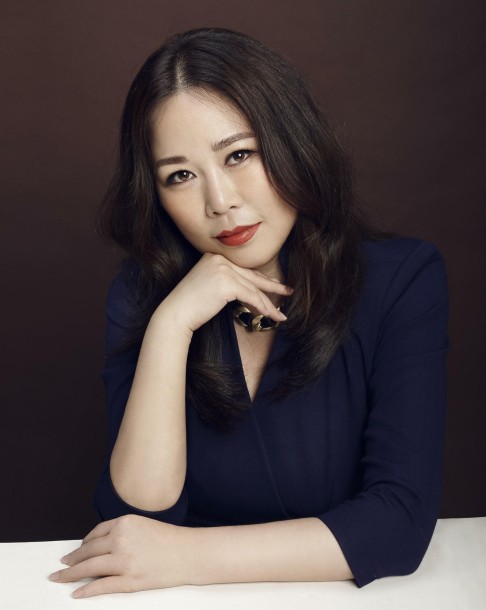
The power dresser: meet the designer who China's top achieving women turn to
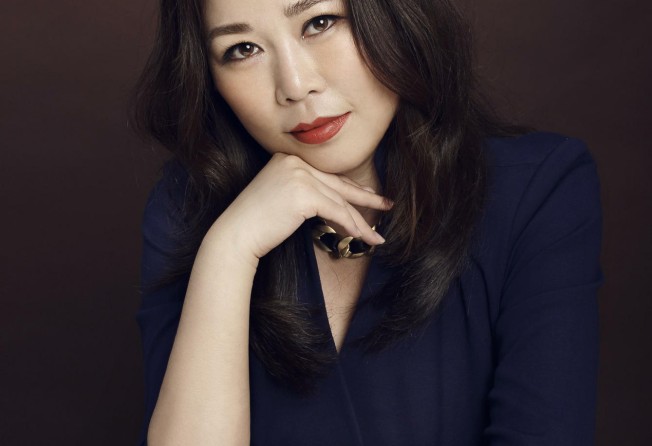

Most people, even those in fashion circles, probably wouldn't have heard of Chinese couturier Grace Chen Yehuai, who founded her Grace Chen studio in 2009. But to women in the top echelons of business and politics in China, Chen is one of a handful of go-to luxury bespoke designers.
At her private fashion shows and client salons, held usually in Beijing or, occasionally, Shanghai, powerful women "with money, social status and events to attend" gather to pick up made-to-order outfits that range from elegant evening gowns and cocktail dresses to chic day and business wear - a neatly cropped black woven jacket thrown over a white shirt and skinny jeans, for example.
Chen has never done major promotional campaigns or advertising. It could be a serious shortcoming, she concedes: "I'm not very sociable - I know people expect designers to be celebrities - but I'm too busy serving my customers."
Even her website, gracechenstyle.com is not updated regularly. "But who goes to designer websites these days," she quips. "We all use WeChat."
Nevertheless, "I think we have some of the most high-end clients in China," Chen says when we meet in her Shanghai atelier. Upstairs is a showroom with rails upon rails of clothes; on the lower floors a team of about 50 seamstresses and pattern cutters, all personally trained by her, are working hard on glamorous outfits fitted onto mannequins, each made to the exact measurements of individual clients.
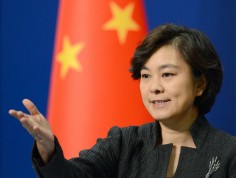
The list ranges from politicians and business owners to entertainment celebrities. They include award-winning actresses Liu Xiaoqing and Qin Hailu, Lenovo senior vice-president Gina Qiao Jian, Qu Bing, vice-president at internet security company Qihoo 360 Technology, and Tong Shumeng, who chairs the environmental charity SEE Foundation. Among the political elites are Zhang Qiyue, the Chinese consul-general in New York, and Foreign Ministry spokeswoman Hua Chunying.
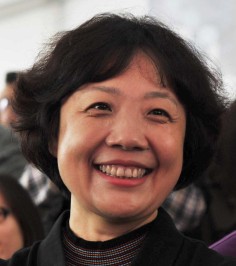
"Most of our clients are making their own money; they're not wives or girlfriends. They have their own career, most have a good education and their own opinion about things," Chen says.
Her market is mostly domestic, wealthy and typically aged between 40 and 60 - a highly coveted, though rarely understood, segment.
The tastes of this demographic have changed in the past five years, particularly because people are travelling overseas more and becoming worldlier, Chen says.
A decade ago, mainland clients were relatively new to Western luxury; within five years they became obsessed with major luxe brands such as Gucci and Chanel, trying to catch up with the global market.
"The clients started to experience ready-to-wear and now they are starting to experience couture," Chen says. "Quite a few of our clients are also Armani Prive couture clients, and sometimes they might spend one million yuan (HK$1.26 million) on a dress. With Armani Prive dresses, most are priced from €20,000 (HK$180,000) to €200,000, so quite expensive. But these customers, they do buy, they have the money."
More recently, however, she has observed a shift: "The most advanced fashionistas are not so much into the foreign brands. It feels like they want something more unique for themselves," Chen says, which suggests "we came up at the right time".
Moreover, Western luxury brands stock a limited catalogue at their mainland stores, and the same labels are being slotted into every new mega mall while department stores across the country feature a near identical range of homegrown designers or brands.
As a result, Chen says, "choice is very limited" even for wealthy women, and they end up wearing the same outfits all the time or buying the same thing as their friends.
A lot of our clients say they have 'found themselves' again with our clothes
High-profile couturier Guo Pei has certainly made her mark with fantastical and sometimes technically confounding outfits that feature in television extravaganzas, celebrity concerts and special events, as well as guest spots at Paris' haute couture week. Then there is the likes of Wang Peiyi, who has garnered an enviable following of young starlets with his flattering, feminine gowns.
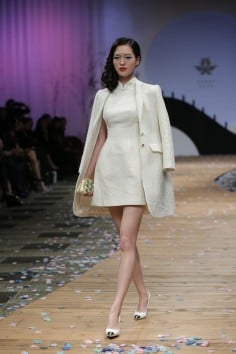
"How many successful female business owners [are] aged 40 to 60 … and what can they buy? They don't like the local commercial brands; it's not good enough for them. Then there are big foreign brands but the selection is so limited, and you don't have time to travel to Paris or even Hong Kong to shop. These are busy people."
These women entrepreneurs and professionals constitute a very big market that few labels are addressing, which is where Grace Chen sees her niche.
"Most Chinese women have a good body even in their 50s but they don't know they are sexy or attractive," she says. "When you gain self-confidence you can dress simply but still beautifully. A lot of our clients say they have 'found themselves' again with our clothes. They say, 'Grace, I didn't know I was like this, I had no idea' … I want people to realise their own value."
With eveningwear, however, she delves into an aspect of fashion that is "a lot more than personal style".
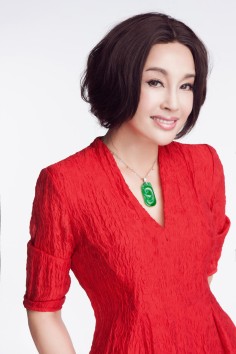
She operates largely through private events or one-on-one consultations, but, as business is growing, Chen plans to open a flagship store in Shanghai this year. "Our sales exceed the other Chinese couturiers, apart from Guo Pei, who has been around for ages. But in two or three years we might become the biggest in sales terms in the whole of China," she says.
Chen owes a lot of her confidence to the experience she gained in the US. She had studied at the Beijing Institute of Fashion Technology completing a masters programme before heading to the Fashion Institute of Technology (FIT) in New York for another degree. "In 1995, I was the first mainland student at FIT," she says.
Afterwards, she worked at prom dress specialist Zum Zum and Halston before honing her eveningwear skills at Tadashi Shoji in Los Angeles. It was here that some of Chen's designs ended up on celebrities such as Oprah Winfrey.
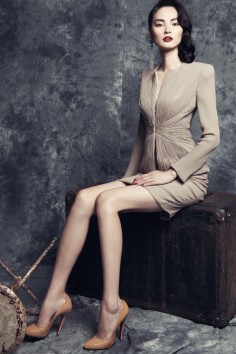
"I felt that it was more and more important for me to come back and make clothes for the Chinese people. I can see things more deeply for the Chinese consumer as well as what is global," she says.
Designers in China face a challenge in finding that delicate balance between reflecting their own culture and fitting into a globalised world. Chen's own designs sometimes employ Chinese motifs such as a Mao collar, a qipao style, or even Chinese knot techniques in complex patterns.
A recent collection aims to achieve that poise: called the Little Red Dress, it's a Chinese rendition of the little black dress, a staple in Western wardrobes. Her clients seem to appreciate this ethnic reference that is neither token nor obsessive.
"There are two perspectives when looking at Chinese culture - from the Chinese themselves and one from foreigners. I'm looking at this in a third way. If you look at designers such as [Giorgio] Armani or Yves Saint Laurent, they use Chinese influence in their clothes, but you feel like it's some kind of decoration or exotic embellishment. But domestic Chinese designers, we emphasise carrying on a tradition … it's a big responsibility."
Her customers are all kinds of shapes, ranging from the statuesque physiques common in the north to more petite types in the southern provinces. But Chen aims to flatter the body and project "glamour and sophistication".
"I'm not afraid of being classic or beautiful and I know that beautiful is probably not the point of many designers now," she says.
For those designers who focus on being different ahead of finessing skills in classic clothing and construction, Chen has blunt words: "Designers are not like artists; it's different than pure art or fine art. Design is giving people a solution - making people feel better about themselves, making life better, easier, more beautiful."